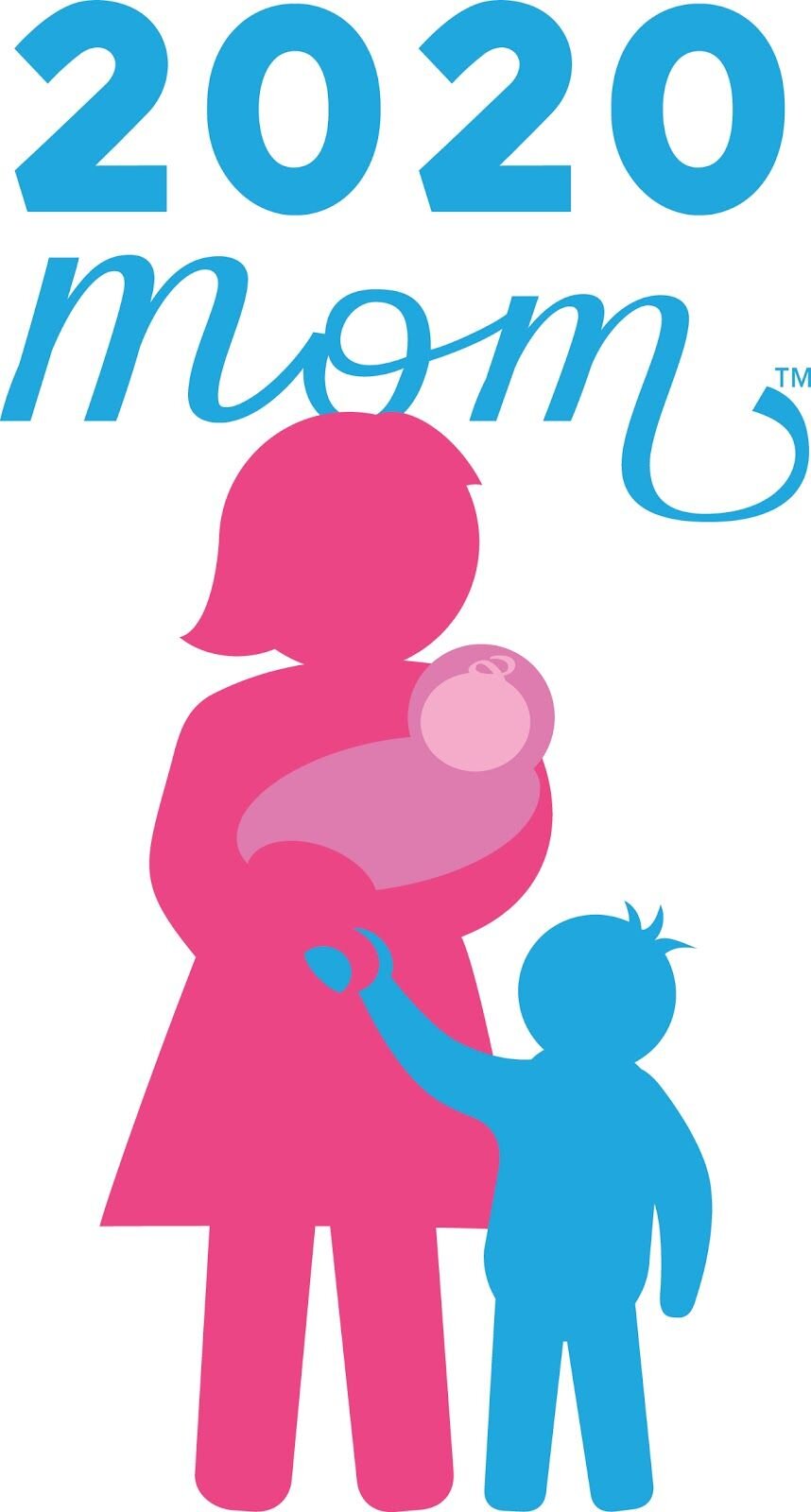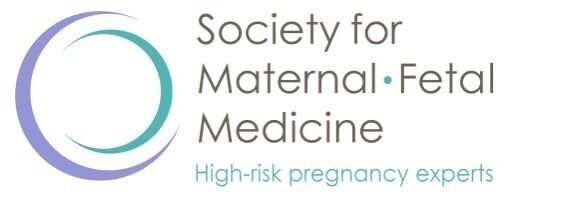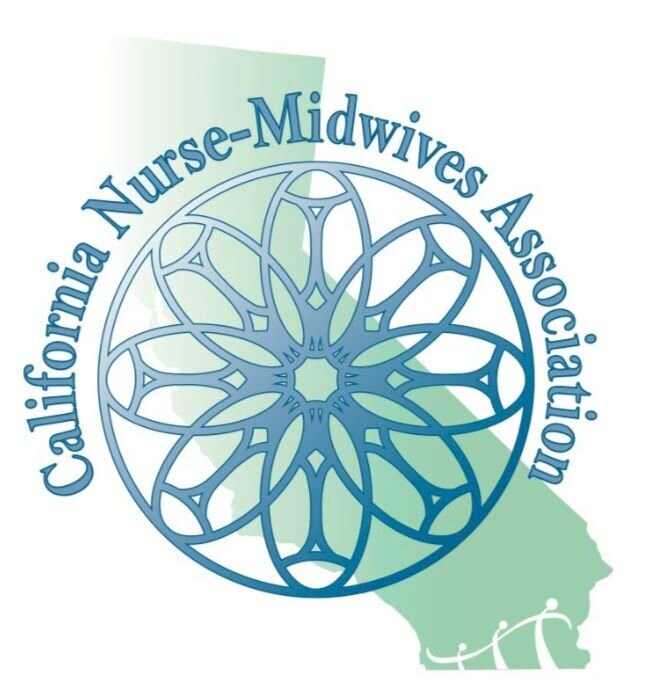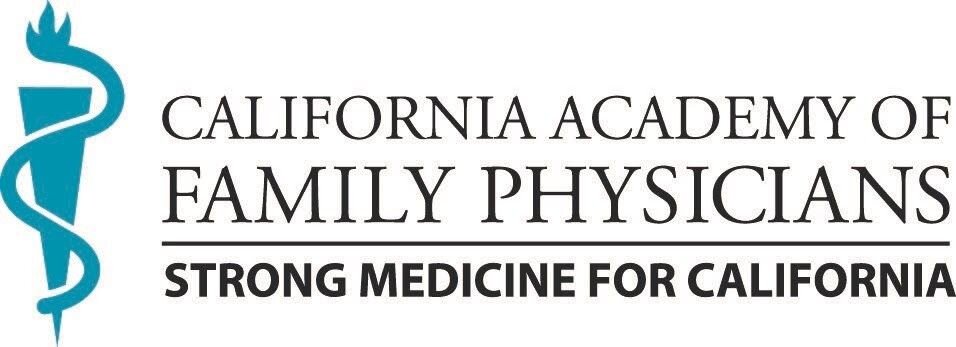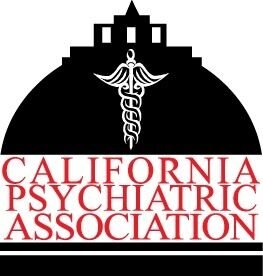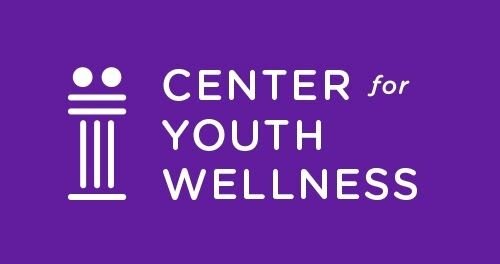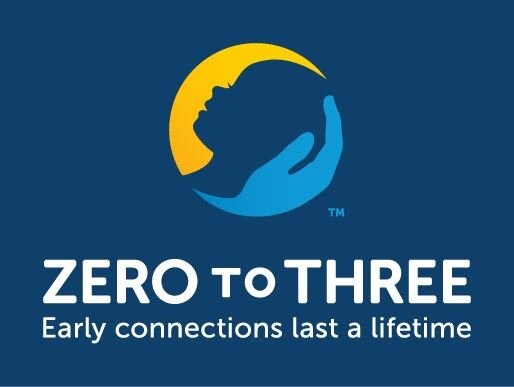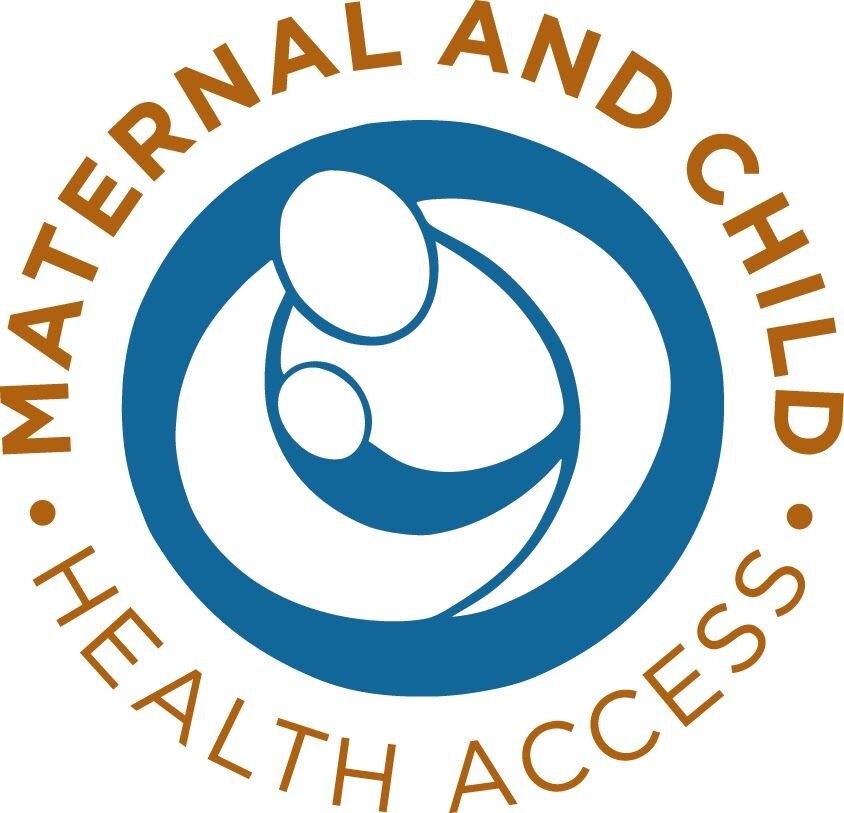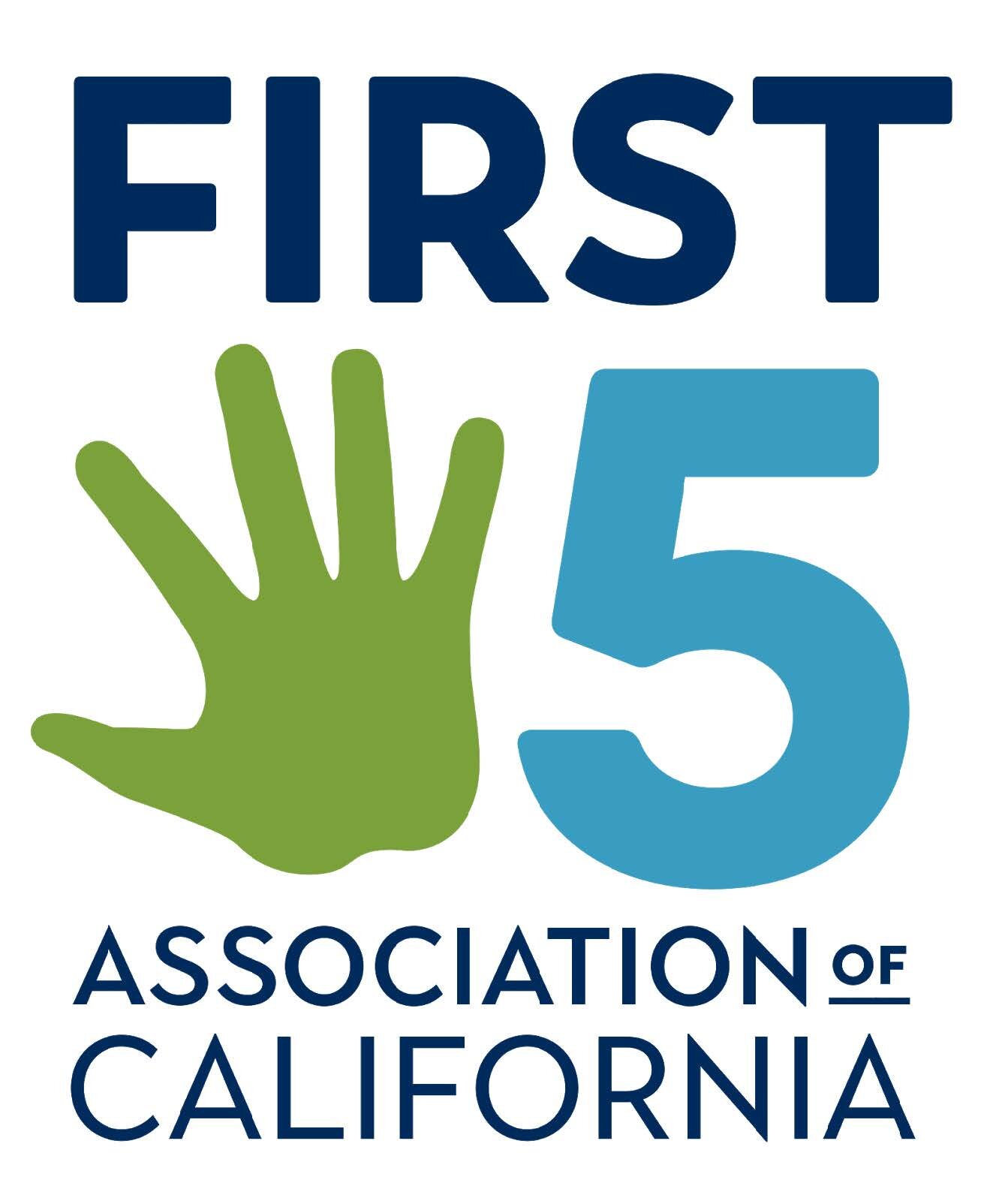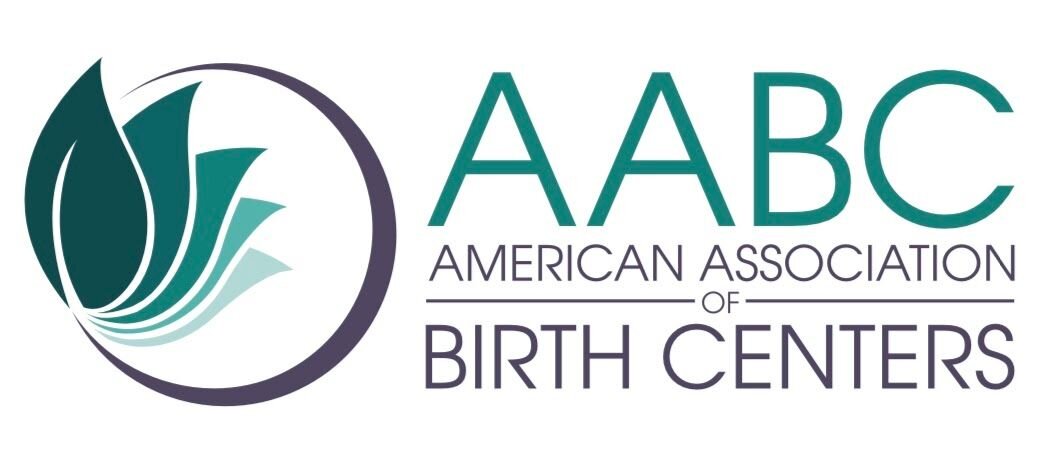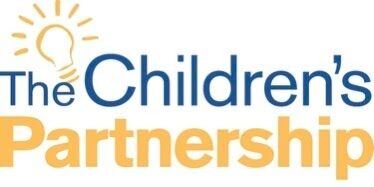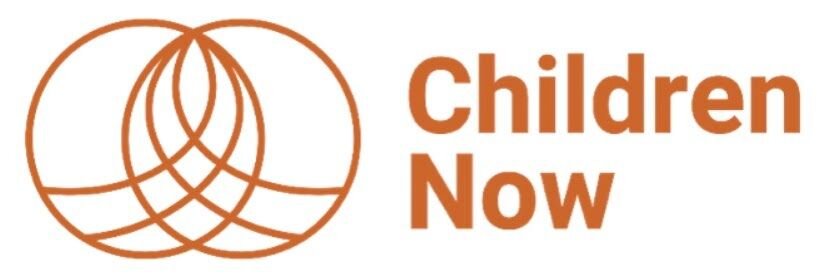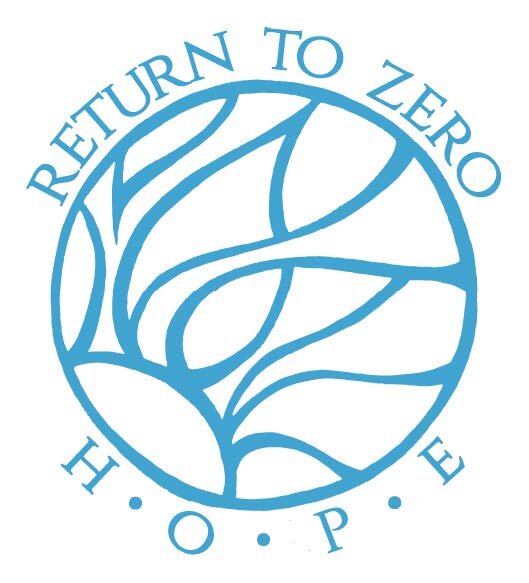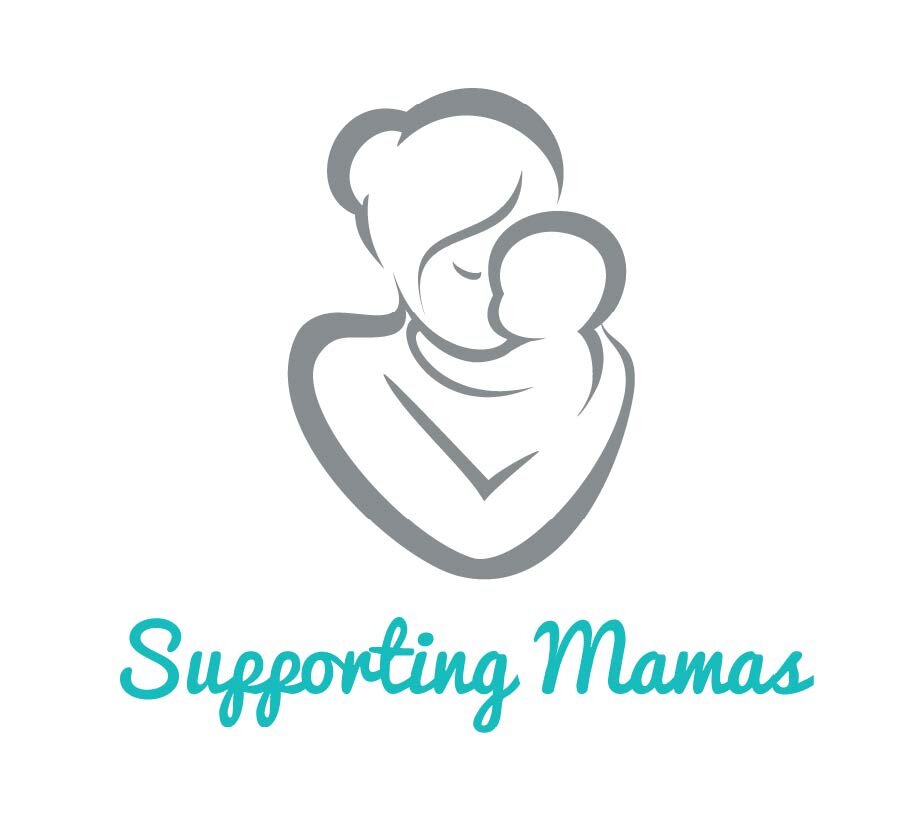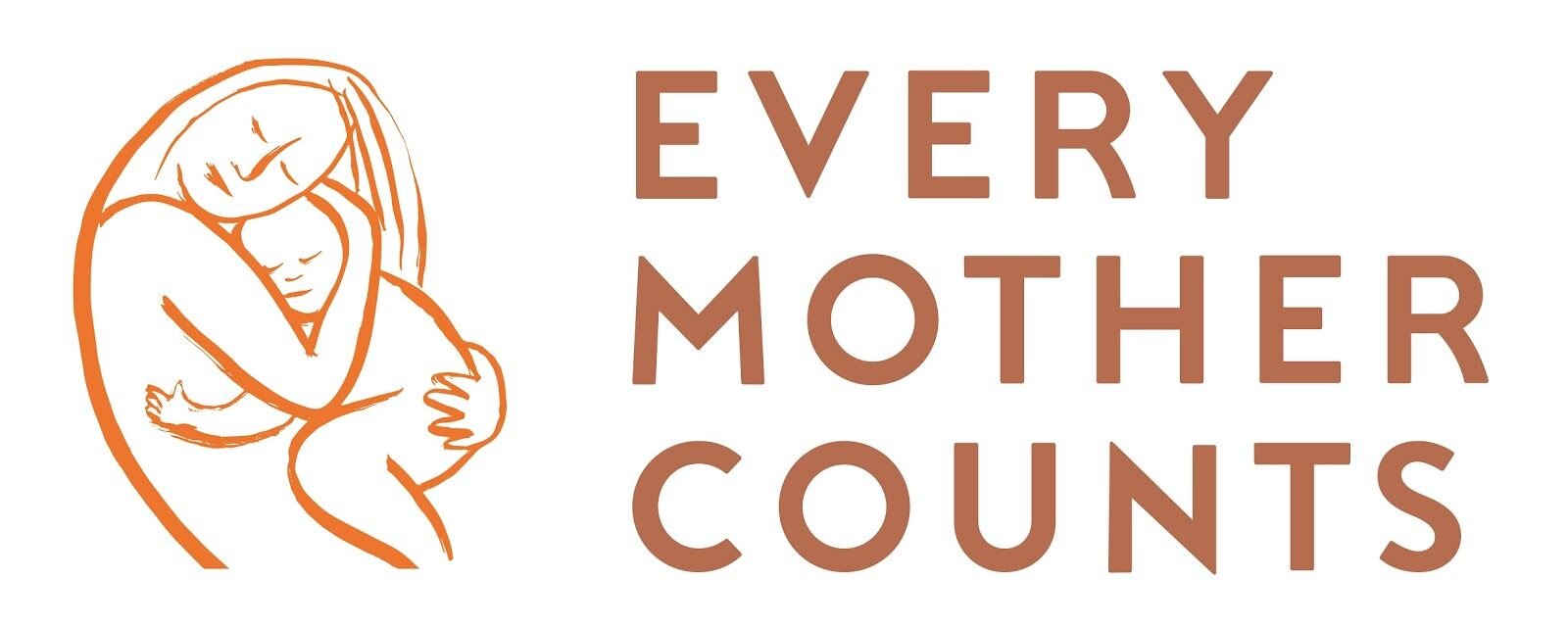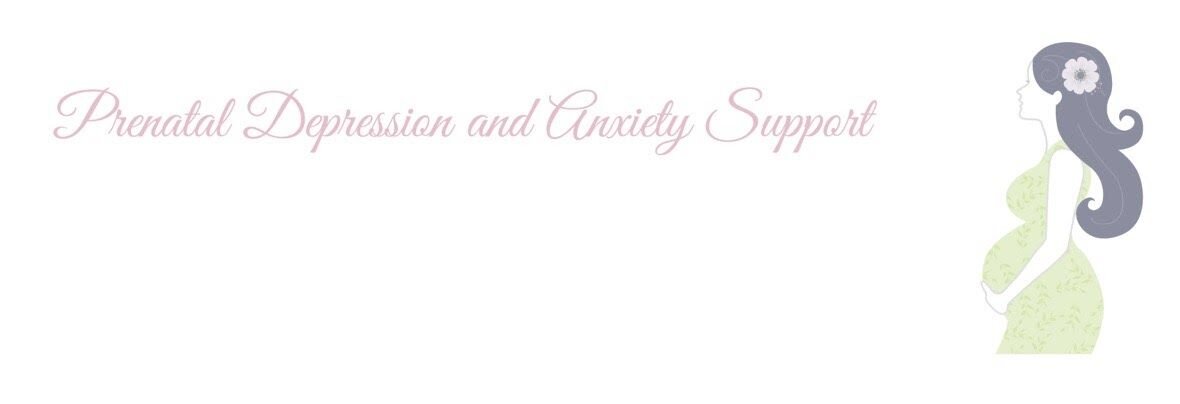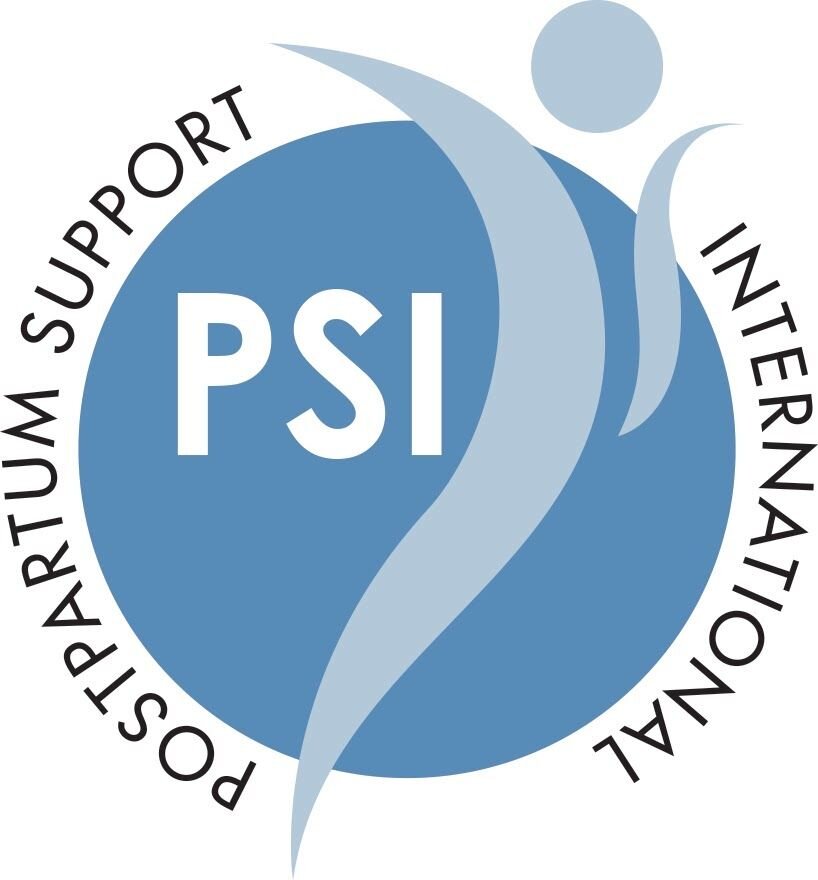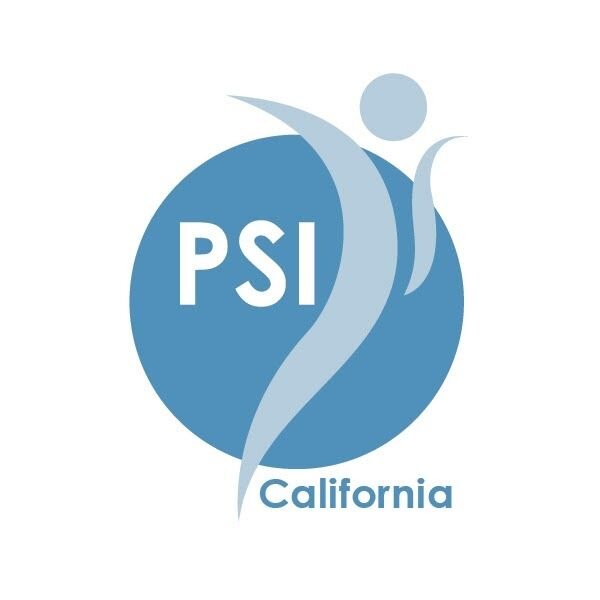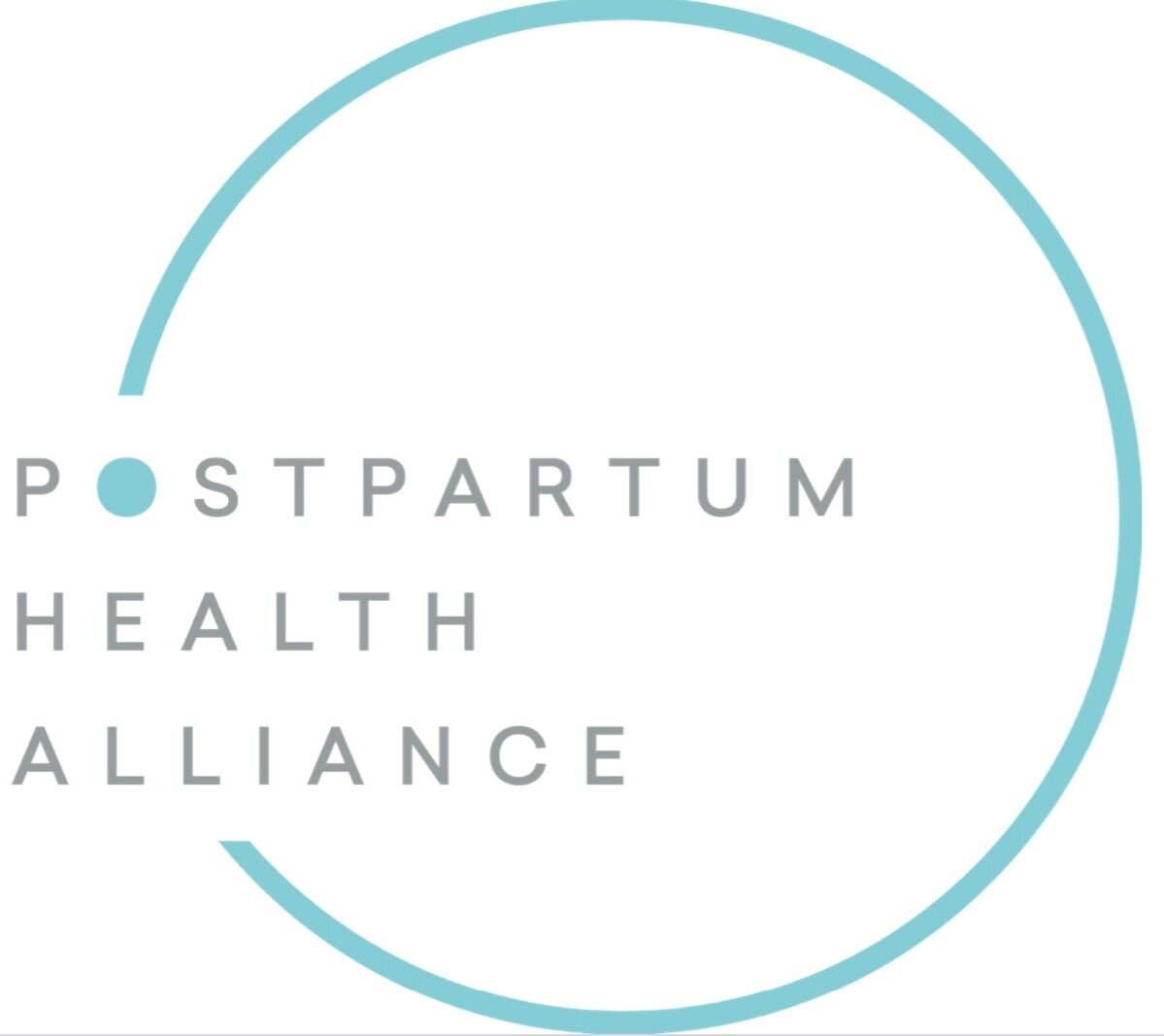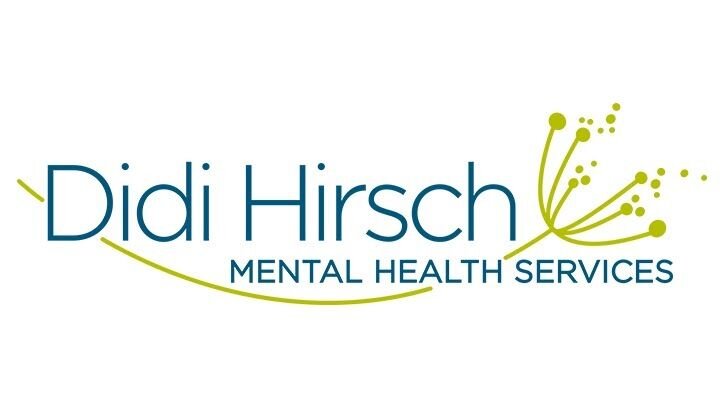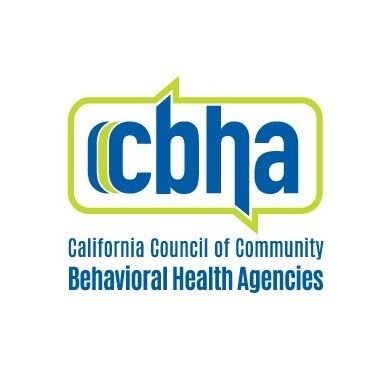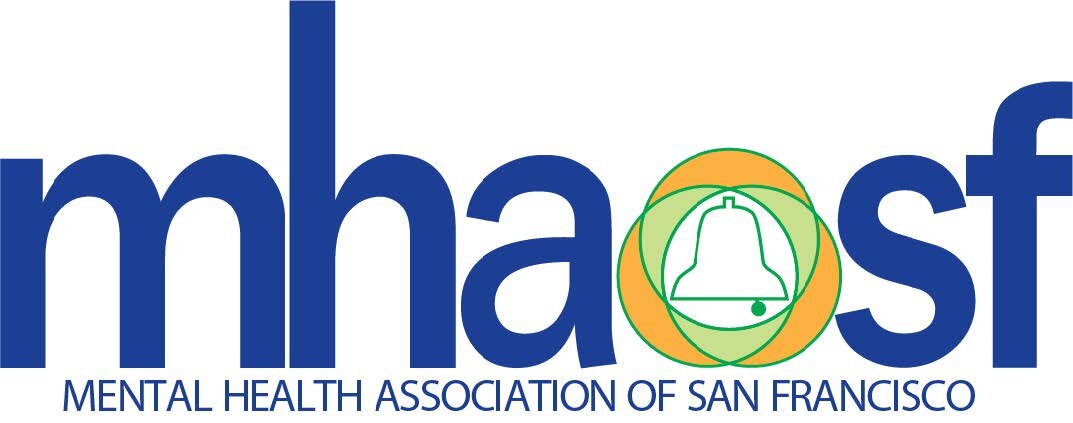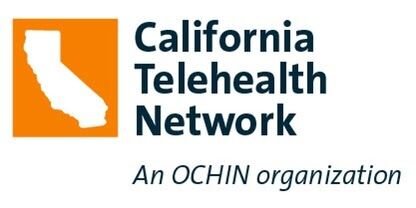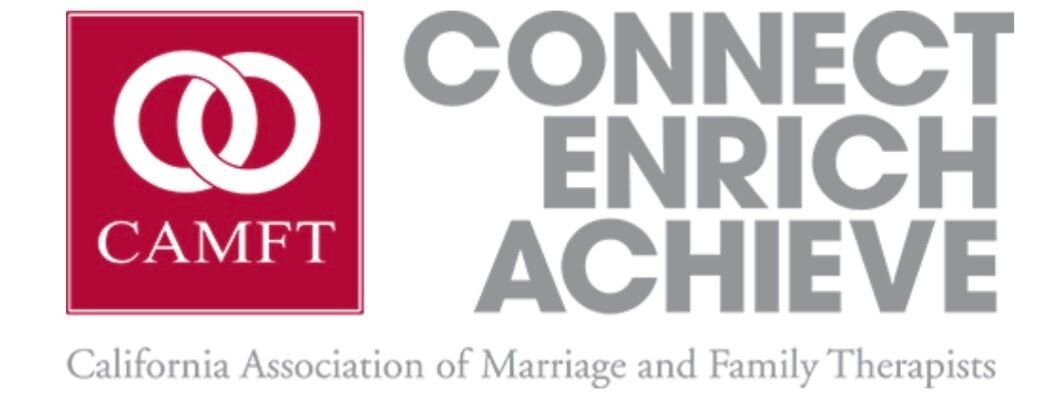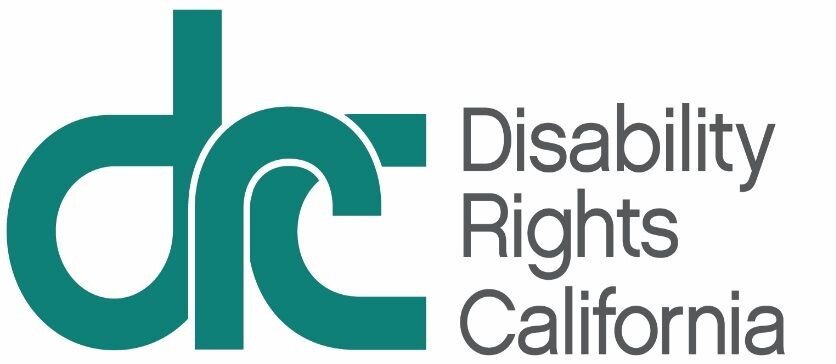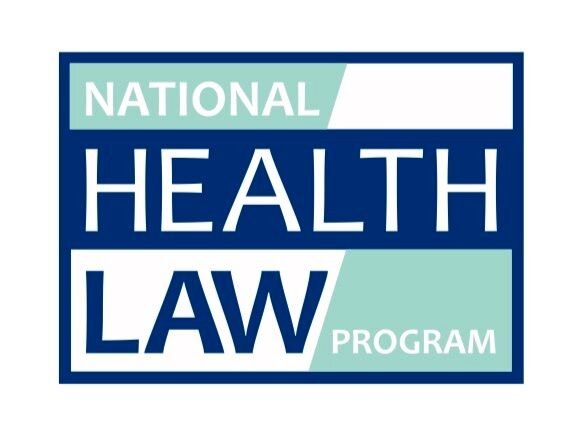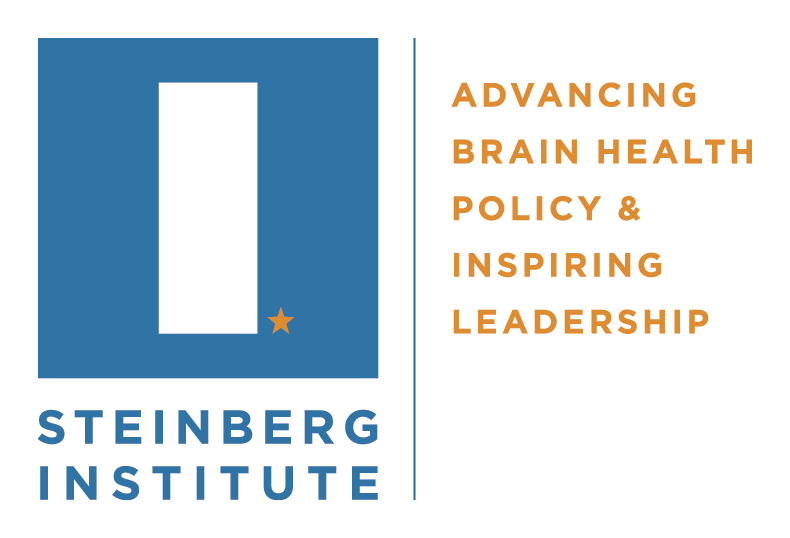Governor Newsom: Continue to Be a Champion for Families and Mental Health – Sign AB 2360
By 2020 Mom Advocacy Team
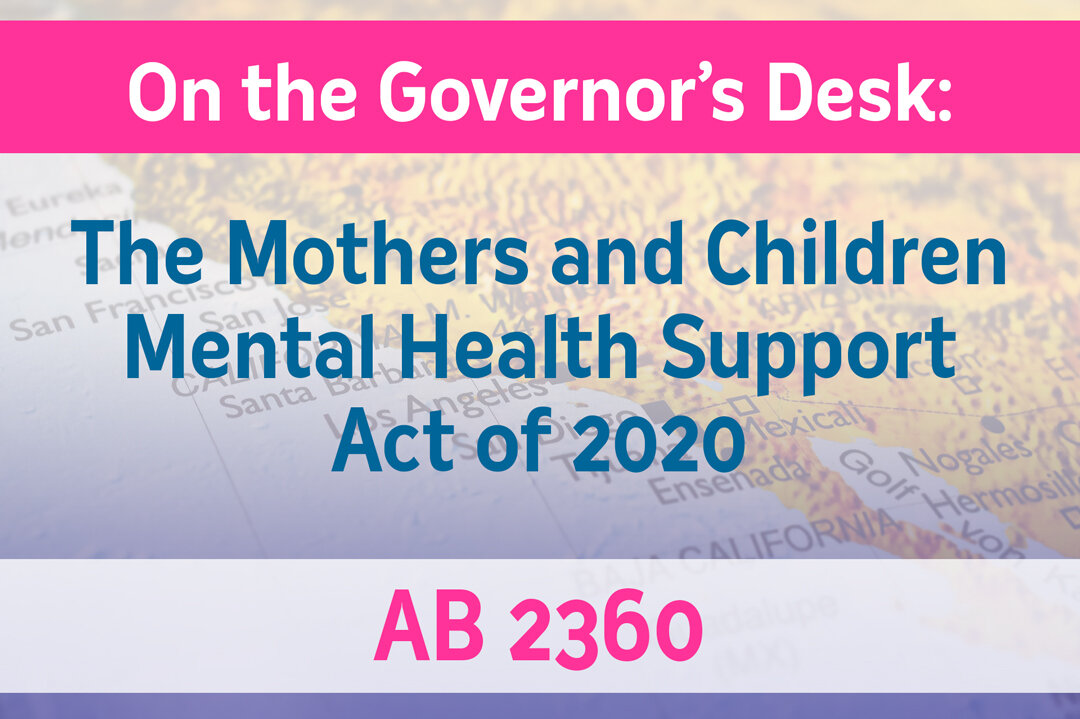
Dear California 2020 Mom Community,
The following letter was sent to the governor urging him to sign AB 2360 on Friday, September 4, 2020.
You can urge him to sign the bill too by sending your own request through the governor’s website. It takes two minutes. Learn more here.
Please Sign AB 2360, Telehealth: Mental Health Consultations, “The Mothers and Children Mental Health Support Act of 2020”
September 4, 2020
The Honorable Gavin Newsom
Governor, State of California
State Capitol
Sacramento, CA 95814
Dear Governor Newsom:
2020 Mom - a patient advocacy organization dedicated to closing gaps in Maternal Mental Health Care through policy, practice, and systems change - along with the undersigned organizations, are writing to request your signature on AB 2360, Telehealth: Mental Health Consultations, also known as “The Mothers and Children Mental Health Support Act of 2020.” This Act, which was passed by the California legislature on August 30th, requires California health plans and insurers to provide primary care providers (PCPs) - including pediatricians and obstetricians - and other physicians who see children and pregnant and postpartum women with access to a mental health consultation program, including access to a psychiatrist if needed, to help diagnose and treat mental health disorders in these vulnerable populations.
If signed into law, this Act would become the first law in California and the U.S. requiring health insurers to expand access specifically for maternal and child mental health services. Perhaps even more significantly, this Act was championed primarily by a small group of committed mothers and patient advocates - including survivors of maternal mental health disorders - with support from leading medical and mental health professional associations in California and across the nation. In addition to increasing mental healthcare access to California’s mothers and children, it may serve as a model for other states.
AB 2360 supports PCPs following California’s existing mental health screening initiatives, including AB 2193, a law which requires providers caring for perinatal women, including obstetricians, to screen for maternal mental health disorders;1 and the ACEs Aware Initiative, a program launched by the state Surgeon General and DHCS which offers Medi-Cal providers training, protocols, and payment for screening children and adults for Adverse Childhood Experiences, which increase the risk of mental illness.2 AB 2360 helps build PCPs’ capacity to diagnose and treat mothers and children they encounter who screen positive for mental health disorders by allowing these PCPs to consult with experts in maternal and child mental health on cases.
The consultation program under AB 2360 - modeled after the successful Massachusetts Child Psychiatry Access Program (MCPAP) and MCPAP for Moms program - provides a range of services to support PCPs in serving suffering mothers and children, including:
A triage service and consultation conducted by telephone or telehealth video with a mental health clinician with expertise appropriate for pregnant, postpartum, and pediatric patients. The consults would include guidance on:
Screening tools to detect various mental health disorders
the range of evidence-based treatment options
Referrals in the patient’s insurance network
An opportunity for the screening PCP to consult with a psychiatrist trained in child and/or maternal mental health, if appropriate, to discuss complex cases and medication management
Emerging research shows that the COVID-19 pandemic has triggered a worsening mental health crisis.
A recent study shows that rates of clinically significant anxiety and depression have more than doubled - rising to 72% and 41%, respectively - among pregnant and postpartum women during the pandemic.3 A U.S. congressional briefing reviewed 3 the stressors on pregnant and postpartum women, including the risks of COVID infection to their babies and themselves during pregnancy, labor, and delivery at the hospital (which may require separation/quarantine of the mother from baby); reduced personal and medical support during childbirth due to visitor and staff restrictions; and the demands of caring for an infant and other children alone once they return home.4 The study found that the biggest predictor of MMH disorders is social isolation - which leaves overwhelmed mothers in the COVID crisis with little support as they follow stay-at-home orders, forgo help from grandparents and family members to prevent exposure to the virus, and are left without childcare options due to school and daycare closures.
Children are also facing disruptions in their lives, which may trigger mental health issues as they adjust to prolonged remote schooling and social isolation. Tragically, the CDC reports that deaths from suicides among high schoolers now exceed deaths from COVID-19 in this population.5 While the long-term mental health effects of the COVID crisis on children have yet to be determined, one study showed that criteria for post-traumatic stress disorder was met in 30% of isolated or quarantined children who survived prior pandemics.6
Due in part to the severe shortage of mental health professionals, fewer than 15% of suffering mothers receive appropriate treatment for mental health disorders,7 and nearly half of suffering children do not receive treatment.8 Untreated maternal mental health disorders negatively impact short- and long-term health of affected women and children, leading to adverse birth outcomes, impaired maternal-infant bonding, poor infant growth, childhood behavioral problems, significant medical and economic costs, and increased use of public assistance programs - costing California $2.25 billion dollars per year.9 A recent publication estimated the cost of untreated maternal mental health disorders at an average cost of $31,800 per mother-child pair with postpartum illness.10 Additionally, mental illness in youth in the US is linked to $202 billion in lost productivity and crime spending in Americans under the age of 24.11
Mothers and children experiencing mental health conditions often turn to their primary care providers - including OBs and pediatricians - for help, but these providers aren’t always adequately trained on how to treat them for mental illnesses. By providing a mental health consultation “lifeline” to screening providers, AB 2360 will support frontline primary care providers in diagnosing basic depression and anxiety disorders and developing and initiating treatment plans for suffering mothers and children in line with patient preferences and needs, including psychiatric medications if necessary.
We respectfully ask you to sign AB 2360 into California law to help improve access to mental health treatment for over 100,000 new and expectant mothers and 500,000 children in California who suffer from mental health disorders each year. By providing access to mental health treatment, AB 2360 will help save long-term healthcare and public assistance costs for California mothers, children, and families.
Sincerely,
1 AB 2193 Bill Text, accessed from the California Legislative Information website.1
2DHCS Press Release, “California Launches “ACES Aware” Initiative to Address the Public Health Crisis of Toxic Stress from Childhood Trauma.” 4 Dec 2019.
3Davenport, M. et al. Moms are Not OK: COVID-19 and Maternal Mental Health. Frontiers in Global Womens’ Health, 19 June 2020.
4Congressional Briefing, “Maternal Mental Health During the COVID-19 Pandemic”, 2020 May 19.
5Buck Institute. COVID Webinar: Interview with Robert Redfield, MD, Director, CDC. 14 July 2020.
6Sprang, G. et al. Posttraumatic stress disorder in parents and youth after health-related disasters . Disaster Med Public Health Prep. 2013 Feb.
7Byatt, L. et al. Enhancing Participation in Depression Care in Outpatient Perinatal Care Settings: a Systematic Review. Obstet. Gynecol. 2015; 126(5): 1048-1058.
8Ghandour RM. et al. Prevalence and treatment of depression, anxiety, and conduct problems in U.S. children. The Journal of Pediatrics, 2018 Oct 12.
9California’s Strategic Plan: A Catalyst for Shifting Statewide Systems to Improve Care Across California and Beyond, 2017 April.
10Luca, D. et al. Financial Toll of Untreated Perinatal Mood and Anxiety Disorders Among 2017 Births in the United States. American Journal of Public Health, 2020 May 6.
11Child Mind Institute, Children’s Mental Health Report 2015.



























































